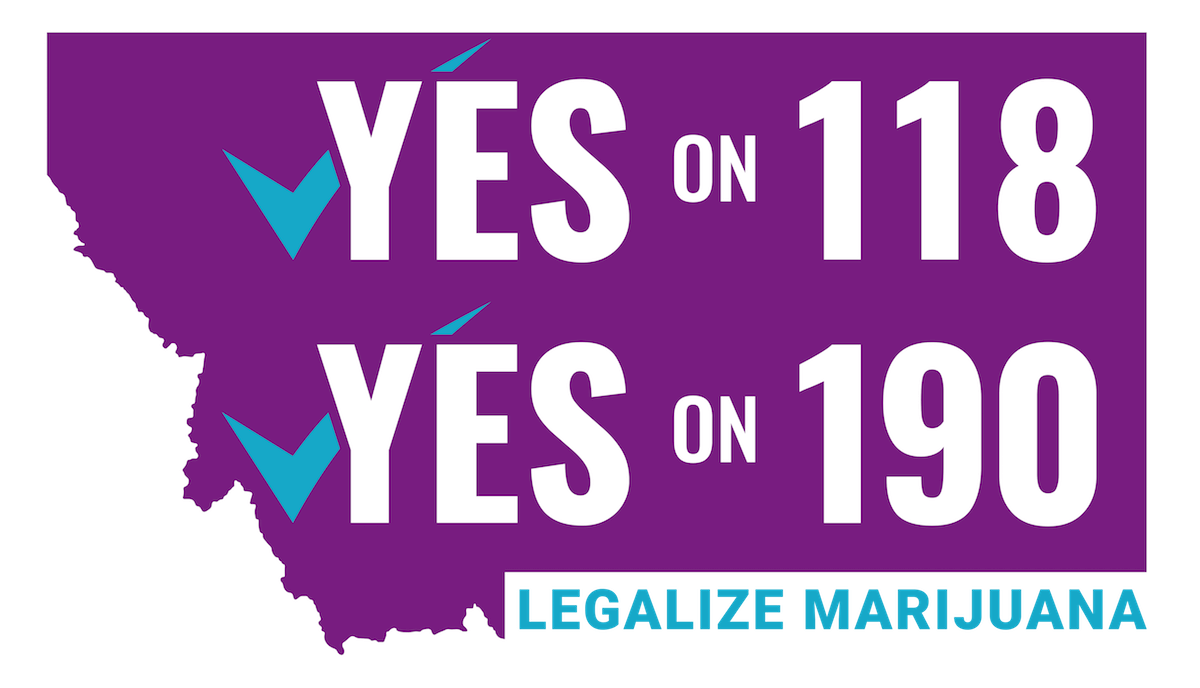by Madeline Grant, NCIA’s Government Relations Manager
 Over the last month, we’ve featured many blogs focused around key congressional races and cannabis policy reform ballot initiatives taking place in various states. As we are days away from the 2020 election, we can’t stress how important it is to get out and vote. We’ve heard from our peers, families, social media influencers, celebrities, news mediums, and much more about how each and every single vote counts – so do your civic duty and make sure that your voice is heard! If you need help determining if you’re registered, or need more information about anything election related, you can click here for some great resources.
Over the last month, we’ve featured many blogs focused around key congressional races and cannabis policy reform ballot initiatives taking place in various states. As we are days away from the 2020 election, we can’t stress how important it is to get out and vote. We’ve heard from our peers, families, social media influencers, celebrities, news mediums, and much more about how each and every single vote counts – so do your civic duty and make sure that your voice is heard! If you need help determining if you’re registered, or need more information about anything election related, you can click here for some great resources.
This week, I want to dive a little deeper and discuss the two ballot initiatives that Montanans will vote on this November: Initiative 190 and Initiative 118. Initiative 190 would regulate cannabis for adults age 21 and older. Initiative 118 would allow legislation or a citizen initiative to set the legal age limit for possession at an age higher than the state definition of adulthood (18 years old).
First, let’s take a look at statutory Initiative 190, which legalizes, regulates, and taxes marijuana in Montana. I-190 legalizes the possession and use of limited amounts of marijuana for adults over the age of 21. The initiative also requires the Department of Revenue to license and regulate the cultivation, transportation, and sale of marijuana and marijuana-infused products and to inspect premises where marijuana is cultivated and sold. Additionally, it requires licensed laboratories to test marijuana-infused products for potency and contaminants. This initiative also establishes a 20 percent tax on non-medical marijuana, 10.5 percent of the tax revenue goes to the state general fund, with the rest dedicated to accounts for conservation programs, substance abuse treatment, veterans’ services, healthcare costs, and localities where marijuana is sold. The initiative would allow a person currently serving a sentence for an act permitted by the initiative to apply for resentencing or an expungement of the conviction. Lastly, I-190 would prohibit advertising of marijuana and related products.
Of course, when you look at any state that has legalized cannabis, there is the ability to generate millions of dollars in new tax revenue. According to the University of Montana Bureau of Business and Economic Research, Montana will generate $236 million in marijuana tax revenue by 2026. The general fund will net four million dollars. As ballot initiatives pass it is important to allocate the tax revenue to important causes that help communities and people and this is exactly what this initiative does as it would contribute to accounts for conservation, veterans’ services, substance abuse treatment, healthcare, and local governments. On top of that marijuana fees will fund program administration and enforcement.
The constitutional Initiative 118 allows the minimum legal age for marijuana to be set at 21 years old. Currently, under the Montana Constitution, a person 18 years of age or older is an adult, except that the legislature or the people by initiative may establish the legal age of purchasing, consuming, or possessing alcoholic beverages. This initiative amends the Montana Constitution to allow the legislature or the people by the initiative to establish the legal age for purchasing, consuming, or possessing marijuana.
When learning more about New Approach Montana, the main backer of Montana’s cannabis initiatives, they clearly stated why legalizing cannabis is a step in the right direction. Along with the significant tax revenue, Montana can improve access to medical marijuana for veterans and rural Montanans. They stated that despite Montana’s medical marijuana law, doctors at the VA are prohibited from recommending medical marijuana to their patients. By legalizing marijuana for all adults, veterans will be able to safely access it to treat chronic pain, PTSD, and other serious health conditions. Montana can stop wasting law enforcement time and resources on arresting people for personal marijuana possession. Treating marijuana as a criminal issue wastes law enforcement resources and needlessly cycles people through the criminal justice system. In states that have legalized marijuana for adults, police have more time to solve serious crimes.
As we gear up for election day it is important to note just how important these ballot initiatives are in our laboratories of democracies: the states. As more states reform their outdated cannabis laws, it puts more pressure on the federal government to fix our broken laws surrounding the war on drugs. With more states moving forward, it is evident that constituents have spoken in support of legalization; therefore, more representatives and senators on Capitol Hill must support their cannabis reform. If you would like more information on these ballot initiatives or would like to donate to the cause please do so here. Please stay tuned for more blogs coming your way post-election. If there is anything you have questions about feel free to contact our Government Relations team at madeline@thecannabisindustry.org.


Follow NCIA
Newsletter
Facebook
Twitter
LinkedIn
Instagram
–